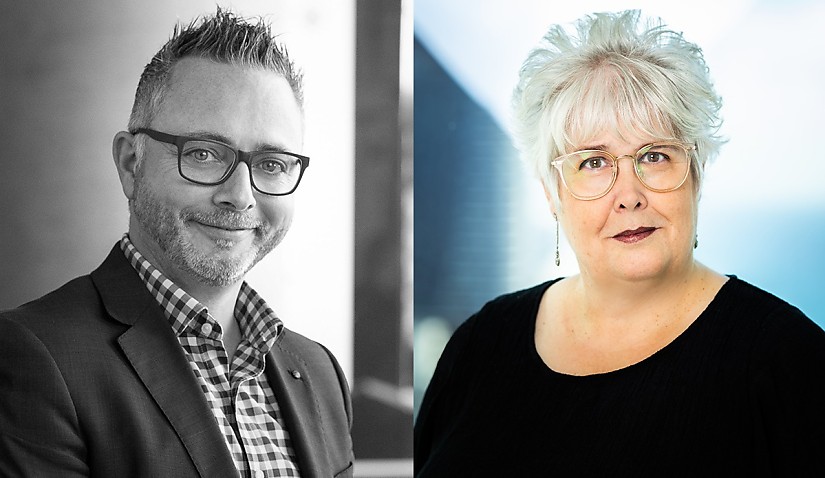Powered by MOMENTUM MEDIA
Law firms and practitioners could be missing out on significant opportunities if they have limited knowledge in mediation, according to two experts.

In a recent episode of The Lawyers Weekly Show, Mediator Standards Board deputy chair Stephen Dickinson and treasurer Linda Kochanski shared why mediation has grown significantly in recent years, even in practice areas one might not expect.
“I did some research about commercial transactions, and the same kind of motivations will drive people who are in dispute on commercial matters as in family matters. There’s the same kind of distress, anger, whatever it might be,” she explained.
“I get a lot more commercial mediators coming to be trained now. And when asked why, they say, ‘Well, we’ve got to understand where our clients are coming from’. And I think that’s a really good start.”
Mr Dickinson concurred with Ms Kochanski, noting ideas of mediation being solely focused on soft skills “and therefore is more appropriate for certain areas of the law couldn’t be further from the truth”.
“What I found in my training is that it is as much about process as it is about soft skills. And it’s a process that recognises that in any conflict – whether it be a family law matter or a franchise or franchisee commercial dispute – that conflict usually has a trigger, and it’s usually [related to] a historical event. It might be a breakdown in a particular human relationship. There may be an outside influence that people are unaware of, whether it be financial stress or otherwise,” Mr Dickinson explained.
“We really need to understand what is informing the conflict and what is informing our client’s decision making, or as a mediator, the party’s decision making in order to move from legal arguments entitlements to, again, their commercial interests as well as their personal interests towards what they really need in order to move on.
“And commercial clients are looking for practical and commercial solutions, and that’s generally not litigation. So, hence, trying to engage and understand a process that allows for those discussions is going to help your commercial clients across all levels as well as your more personal disputes.”
There’s been a bigger push in lawyers looking to become accredited in recent years, Ms Kochanski said. This, she said, is an encouraging sign of where the industry is heading in the future.
“It is changing. People are not only wanting the skills, but they’re looking at their own firms and professional growth [opportunities],” she said.
“A number of people that I’ve trained over recent years, when asked, ‘Well, why are you doing it? Why now?’ [They often are] talking about bringing another arm to their firm, particularly people that are in regional areas … [they like] to have a mediation arm that they can offer to the clients as well.
“So, I think there’s also a commercial sense that is growing in that.”
In wrapping up, Ms Kochanski reiterated how “most areas of the law will take you down the dispute resolution path, where mediation is part of it”.
“You want to be able to prepare your client appropriately and represent them well. In mediation, having an understanding of the process, having an understanding of what the mediator is doing, can only enhance how you work with your client,” she said.
“… It’s the ability to get the right information from your client at the right time. I think mediation skills cannot be underestimated for that, from my perspective.”
NB: This transcript has been edited slightly for publishing purposes. You can listen to the full episode here:
We're evolving — and so should your insights. Heads up — Lawyers Weekly is going premium from 1 May for just $5 a month. Stay informed without missing a beat. More information coming soon.